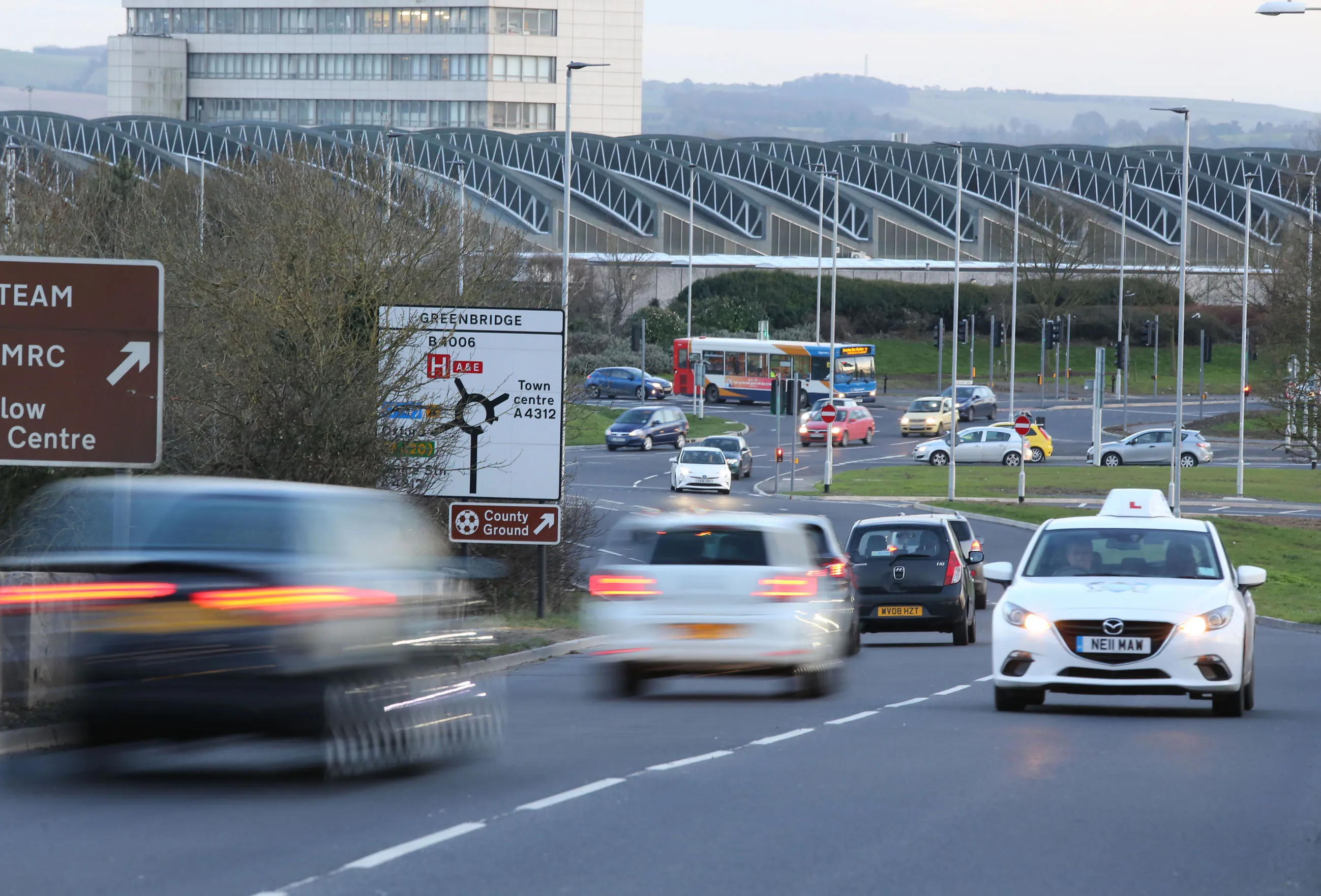
CartoConsult is now working on a project to develop technology intended to reduce traffic congestion and improve transport services. This work forms part of a £4 million Department for Transport (DfT) initiative and the mapping software technology company has been selected by Swindon Borough Council, together with IT and networking company
Swindon is one of 19 local authorities across England being asked to come up with ideas to improve journeys through digital innovation. The Government-funded scheme will use the latest technology to transmit real-time traffic information to road users, such as delivery drivers, including those making just-in-time deliveries to companies such as BMW and Honda.
It is predicted traffic congestion could cost the UK economy more than £300 billion over the next 10 years. Funded under the DfT’s Cooperative-Intelligent Transport Systems (C-ITS) and Smart Infrastructure Competition, CartoConsult will use the latest innovations in mapping and the Internet of Things (IoT) to help improve traffic management on key routes in Swindon. Roadside monitoring equipment on these routes will send real-time information out to businesses, bus companies and road users. The pilot scheme will include trials of methods to get information to drivers in their vehicles, using sat-navs and other in-vehicle equipment, so they can plan and adjust journeys to suit the traffic conditions.
Collected data will be used to inform future road schemes and enable Council highways teams to respond more quickly to incidents as they occur. The project provides live data from a much larger sample of traffic compared with existing traffic update systems, and allows the latest technology to be tested to identify if it would be of benefit for the highway network.









